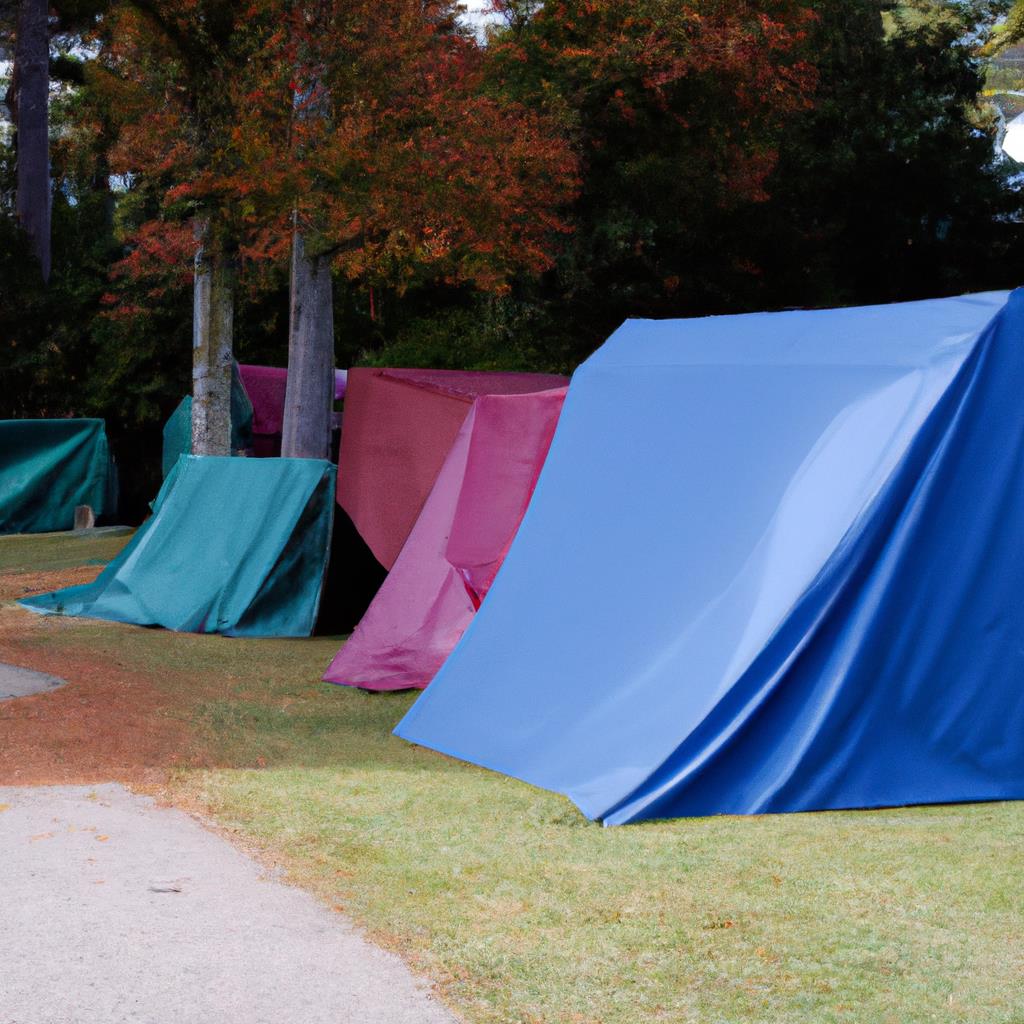When people think of tenting and camping sites, they often envision rustic landscapes, outdoor activities, and a chance to connect with nature. However, many individuals with disabilities may feel apprehensive about embarking on such adventures due to concerns about accessibility. Fortunately, an increasing number of tenting and camping sites are recognizing the importance of providing accessibility amenities for people with disabilities, ensuring that everyone can enjoy the great outdoors.
One of the most crucial aspects of accessibility at tenting and camping sites is the availability of accessible accommodations. Many sites now offer ADA-compliant tent platforms that are designed to accommodate individuals with mobility impairments. These platforms are typically equipped with ramps for easy access, as well as ample space to maneuver a wheelchair. Additionally, some sites may also provide accessible cabins or yurts that are outfitted with features such as grab bars, lowered countertops, and wider doorways to meet the needs of guests with disabilities.
In addition to accessible accommodations, tenting and camping sites are also implementing various amenities to ensure that individuals with disabilities can enjoy a comfortable and convenient camping experience. Many sites now offer accessible restrooms and shower facilities that are equipped with features such as grab bars, roll-in showers, and raised toilets. These facilities are designed to meet ADA accessibility guidelines and provide a safe and comfortable environment for guests with disabilities.
Furthermore, some tenting and camping sites are also incorporating accessible recreational facilities to ensure that individuals with disabilities can participate in outdoor activities. For example, some sites may offer accessible hiking trails that are equipped with smooth surfaces, gentle slopes, and handrails to assist individuals with mobility impairments. Other sites may provide adaptive equipment such as beach wheelchairs or all-terrain wheelchairs to enable guests with disabilities to explore the natural surroundings.
In addition to physical accessibility amenities, tenting and camping sites are also focusing on providing inclusive services and programs for individuals with disabilities. Many sites now offer staff training on disability awareness and accommodation, ensuring that all guests receive the support and assistance they need during their stay. Some sites may also offer accessible transportation options, such as shuttle services or golf cart rentals, to ensure that individuals with disabilities can easily navigate the campground.
As the demand for accessible tenting and camping sites continues to grow, many organizations are working to promote and advocate for greater inclusivity in outdoor recreation. The American Camp Association, for example, has developed resources and guidelines to help camp operators improve accessibility at their sites. Additionally, organizations such as the National Park Service and the Accessible Camping Committee are working to expand access to outdoor recreation opportunities for individuals with disabilities.
In conclusion, accessibility amenities at tenting and camping sites are essential for ensuring that individuals with disabilities can enjoy the beauty and serenity of the great outdoors. By providing accessible accommodations, facilities, and services, tenting and camping sites can create a welcoming and inclusive environment for all guests. As the outdoor recreation industry continues to prioritize accessibility, individuals with disabilities can look forward to more opportunities to experience the joys of camping and connect with nature.


leave a comment